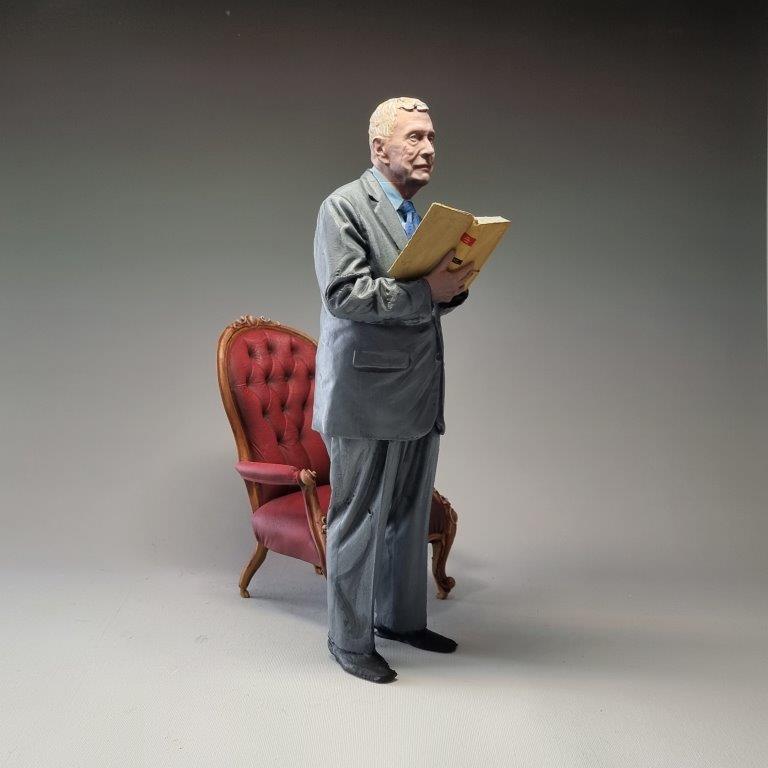
Michael Kirby
Justice Michael Kirby, a former Justice of the High Court of Australia, holds a prominent place in Australia's legal and social history. His tenure on the bench from 1996 to 2009 is marked not only by his significant judicial contributions but also by his broader cultural and social influence. Justice Kirby's legacy extends beyond the courtroom, touching upon issues of human rights, equality, and the role of the judiciary in a modern democratic society.
Kirby's judicial philosophy and decisions often reflected a progressive approach, emphasizing the protection of individual rights and liberties. He was known for his meticulous legal reasoning and his willingness to address complex moral and ethical issues. One of his most notable contributions was in the area of human rights. Kirby consistently advocated for the protection of minority groups and was a vocal supporter of LGBTIQ rights, both within and outside the courtroom. His stance on these issues often brought him into conflict with more conservative elements within the legal community and broader society, but it also highlighted the judiciary's role in safeguarding the rights of all citizens, particularly those marginalized by mainstream society.
Justice Kirby's influence extended beyond his judicial rulings to his public advocacy and writings. He frequently spoke out on matters of public interest, using his platform to educate and inspire change. His speeches and articles covered a wide range of topics, from the importance of judicial independence to the need for law reform in areas such as drug policy and anti-terrorism legislation. Kirby's ability to communicate complex legal ideas in an accessible manner helped to demystify the law for the general public and encouraged greater engagement with legal and social issues.
One of the most culturally significant aspects of Justice Kirby's career was his openness about his sexuality. In 1999, he publicly acknowledged his long-term same-sex relationship, a courageous move that challenged prevailing social norms and contributed to the broader acceptance of LGBTIQ individuals in Australia. His openness helped to humanize the judiciary and demonstrated that one's personal life should not be a barrier to professional excellence. Kirby's example has been particularly influential for young legal professionals, providing a powerful message of inclusivity and acceptance.
Kirby's retirement from the High Court in 2009 did not mark the end of his public service. He continued to be an active participant in national and international legal discourse, serving on various commissions and committees, including the United Nations Commission of Inquiry on Human Rights in North Korea. His post-retirement work has further cemented his reputation as a tireless advocate for justice and human rights on a global scale.
In conclusion, Justice Michael Kirby's impact on Australian society is profound and multifaceted. His contributions to the High Court's jurisprudence, his advocacy for human rights, and his efforts to promote greater understanding and acceptance of diverse identities have left an indelible mark on the legal and cultural landscape of Australia. Kirby's legacy is one of courage, compassion, and a steadfast commitment to justice, serving as an enduring inspiration for future generations. His life and career illustrate the profound ways in which the law can serve as a tool for social progress and the promotion of human dignity.
4o